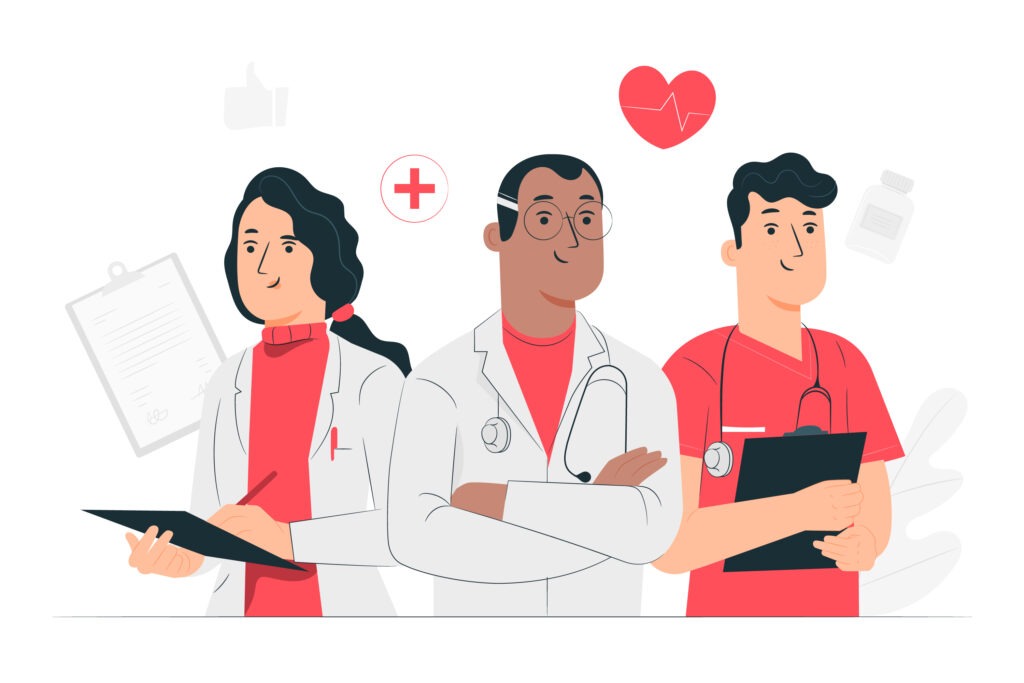Medical Physician: Your Partner in Comprehensive Healthcare
A Medical Physician, commonly known as a doctor or medical doctor, is a highly trained and qualified professional responsible for the diagnosis, treatment, and prevention of illnesses and injuries in patients. These healthcare experts play a crucial role in promoting overall health and well-being. Here's a detailed look at the role and responsibilities of Medical Physicians:
Education and Training:
Medical Physicians undergo extensive education and training to acquire the necessary knowledge and skills. This typically includes earning a bachelor's degree, completing medical school, and participating in a residency program in a specific medical specialty. Some physicians may pursue additional fellowship training to specialize further.
Diagnosis and Treatment
Medical Physicians are trained to diagnose various medical conditions using a combination of medical history, physical examinations, and diagnostic tests. They are adept at interpreting test results, understanding the implications of medical data, and formulating comprehensive treatment plans.
Preventive Care
In addition to treating illnesses, Medical Physicians emphasize preventive care. They work to educate patients on maintaining a healthy lifestyle, managing risk factors, and preventing the onset of diseases. Regular check-ups and screenings are often recommended to detect potential health issues early on.

Continuity of Care
Medical Physicians often serve as primary care providers, meaning they are the first point of contact for patients seeking medical care. They build long-term relationships with patients, providing continuity of care and managing various aspects of their health over time.
Collaboration and Referrals
While Medical Physicians are equipped to manage a wide range of health issues, they also collaborate with specialists when needed. They may refer patients to experts in specific fields for in-depth evaluation and treatment.
Communication and Patient Education
Effective communication is a cornerstone of a Medical Physician's role. They must convey complex medical information in an understandable manner, ensuring that patients are well-informed about their health conditions, treatment options, and preventive measures.
Ethical Standards and Empathy
Medical Physicians adhere to high ethical standards and prioritize the well-being of their patients. They must navigate challenging situations with empathy, demonstrating compassion and understanding.
Adaptability and Lifelong Learning
The field of medicine is dynamic, with new research and technologies emerging regularly. Medical Physicians must stay abreast of these developments through continuous learning and adaptation to provide the best possible care for their patients.
In summary, Medical Physicians are integral to the healthcare system, serving as dedicated advocates for their patients' health. Their role extends beyond treating diseases to encompass preventive care, health promotion, and patient education, contributing significantly to the overall well-being of individuals and communities.

